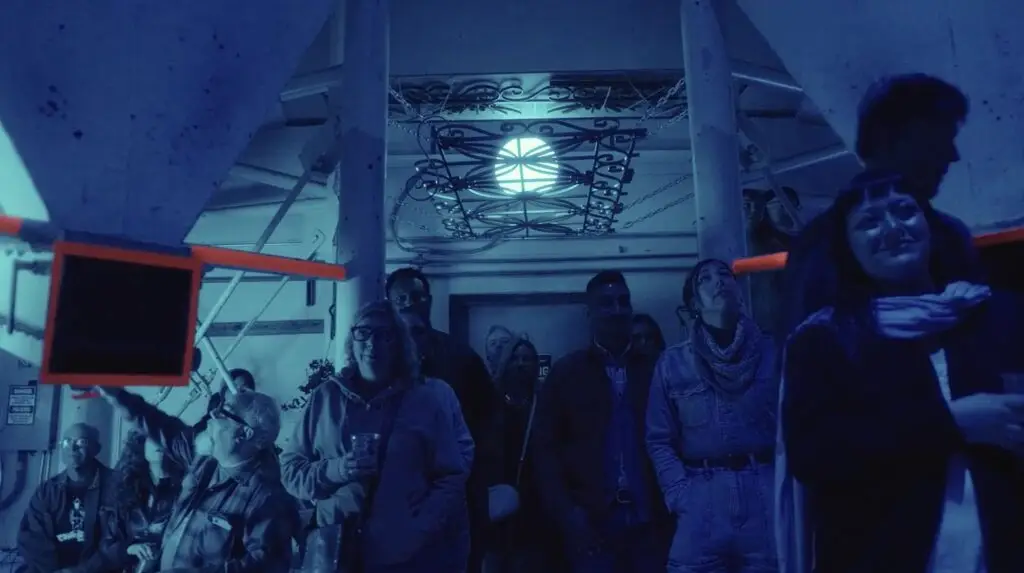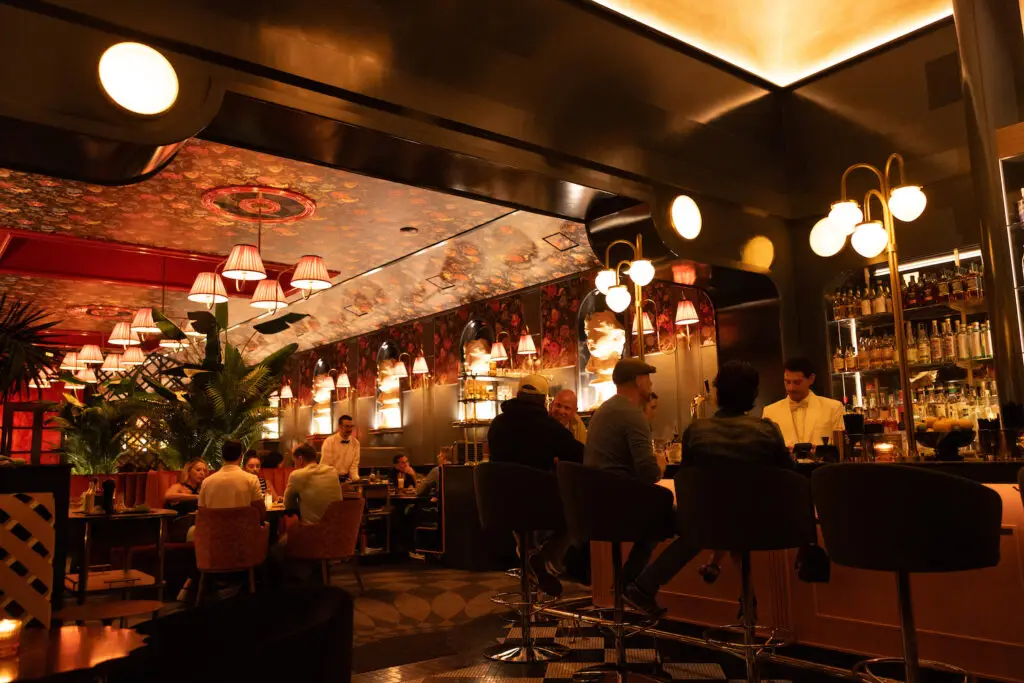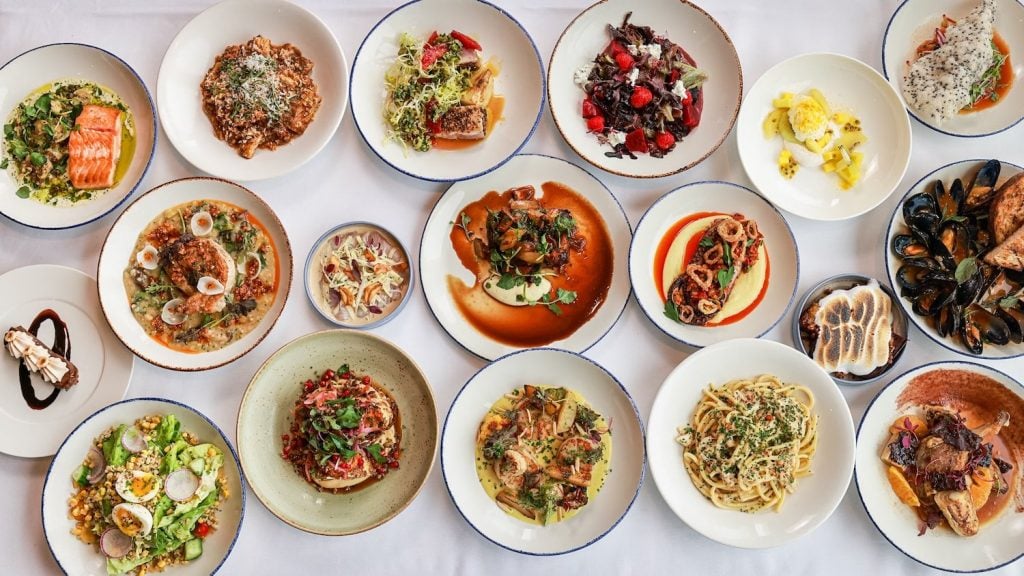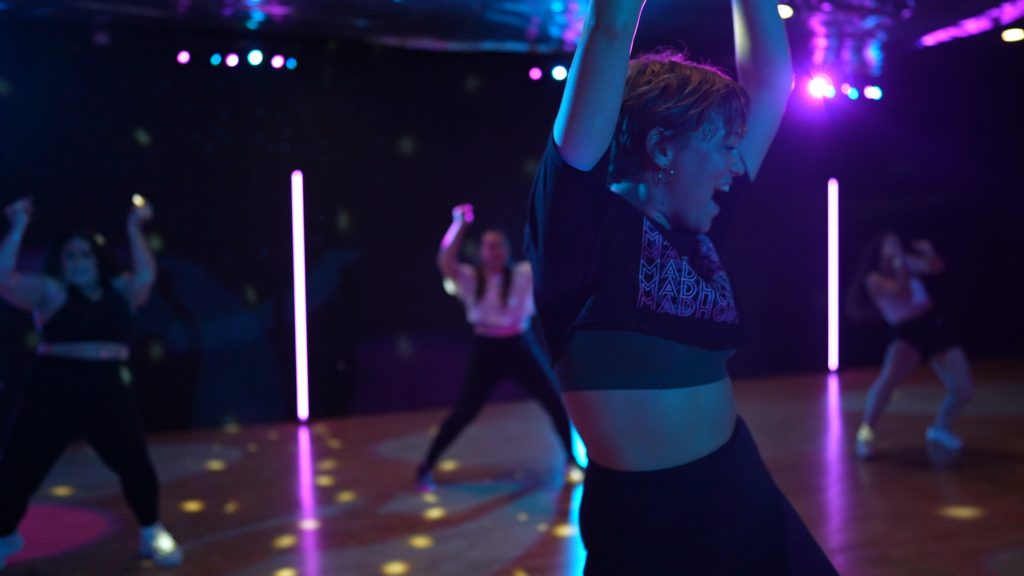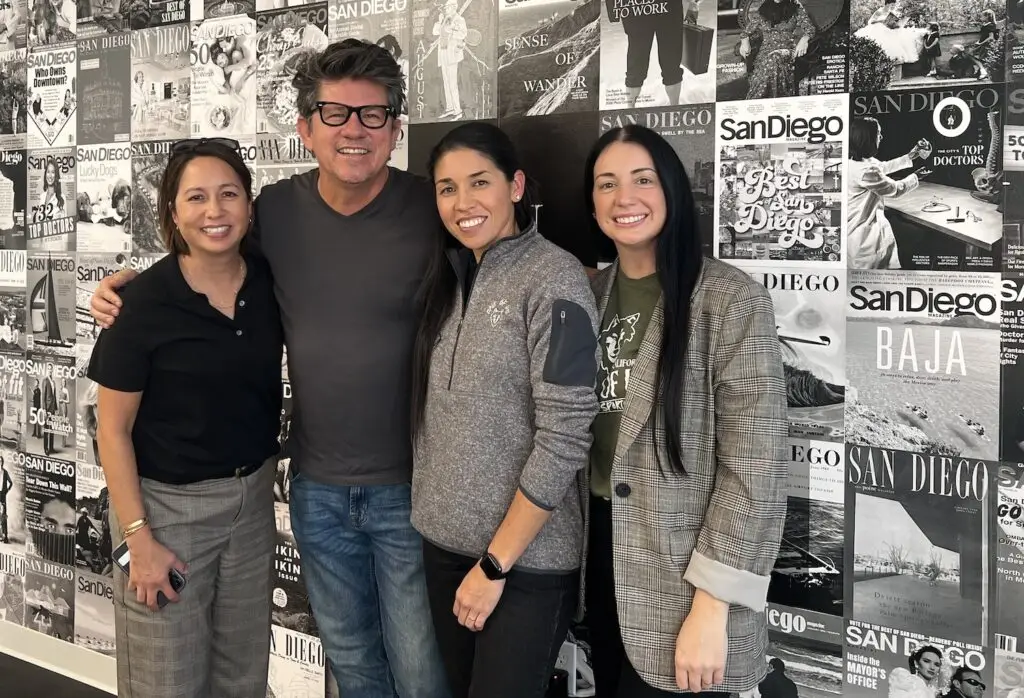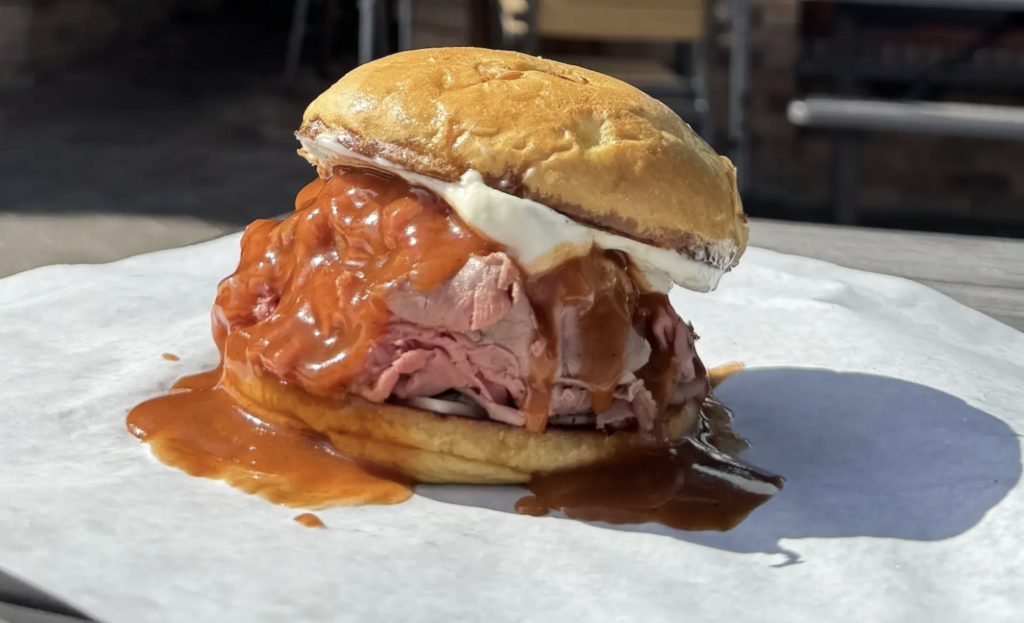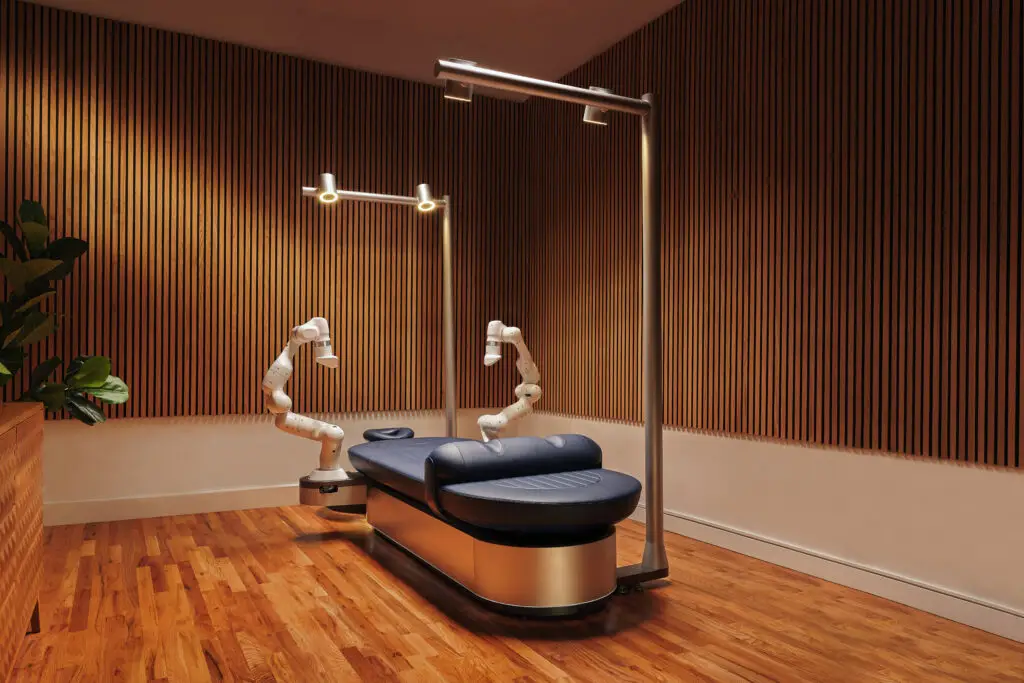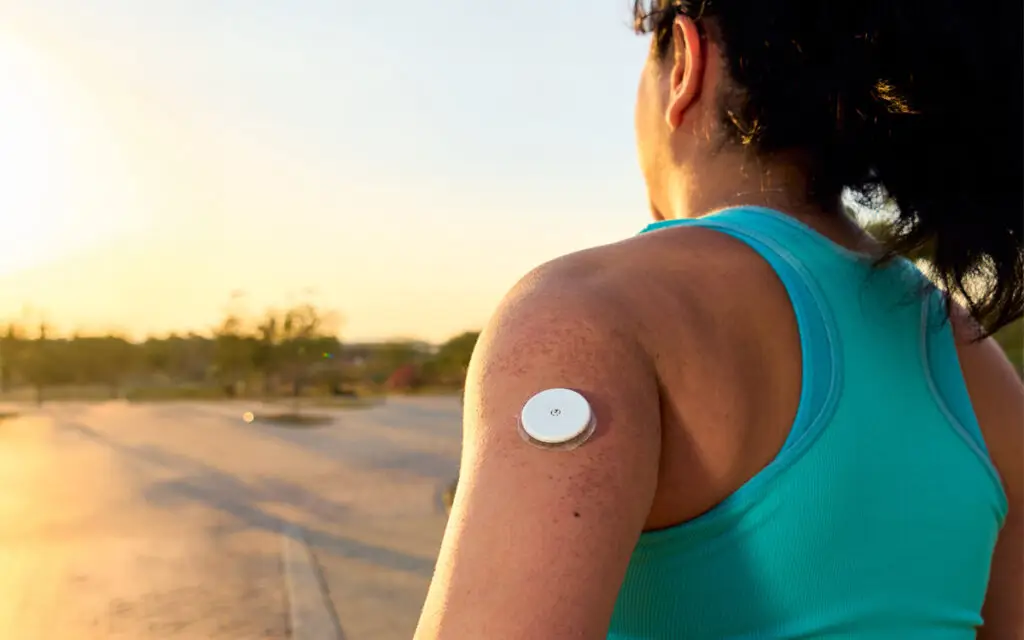The Great Mask Debate rages across the US. As I relayed yesterday, restaurants are bearing the brunt of the anger from the anti-mask contingent. In California, Governor Gavin Newsom has issued an order for everyone to wear masks while inside restaurants. Restaurant workers—hosts and hostesses, servers, bussers, managers, owners—are tasked with enforcing this order. Already operating at severely limited capacity, their survival depends on creating a safe environment for their workers and guests.
To be clear, guests are not required to wear masks while sitting at the table eating and drinking. Masks are only required when not seated at your table (entering the restaurant, using the restroom, leaving the restaurant, etc.). If you are done eating and drinking and want to sit and talk at your table for a little while, masks are recommended.
And yet some customers are throwing fits and threatening to sue restaurants for denying them service without a mask. Most cite their rights under the Americans with Disabilities Act (ADA).
To be certain, there are individuals who have valid medical reasons to not wear masks. The non-legal question is—do those individuals need to dine inside a restaurant without a mask during a global pandemic? Or is it okay to ask anyone without a mask to accept reasonable alternatives like takeout and delivery until COVID-19 is under control? Does the governor’s order supersede their rights under the ADA?
In short—can someone really sue a restaurant for refusing them entrance without a mask during a pandemic? And what are their chances of winning?
Since I’m not a legal expert, I posed these questions to Michael Karlin, partner at The Karlin Law Firm, which handles ADA cases brought against restaurants. In short, he believes we are going to see some of these lawsuits, but they are most likely going to lose. Unfortunately, the restaurants will have to spend money to mount a legal defense and, even if the restaurant wins, they can’t ask the plaintiff to pay their legal expenses. Well, they can, but that would require a countersuit for malicious prosecution.
So these cases will likely happen, and everyone involved in the case (except the attorneys) will lose.
Here is the full explanation from Karlin:
Can they sue?
People can sue over anything and waste people’s time and money. So I’m sure we’ll see some lawsuits about this. [Our firm] doesn’t do any plaintiff work, but we’ve gotten two inquiries in the last month from people who said, “I want to bring a lawsuit because they made me wear a mask.” I would imagine the bigger claims firms that do this kind of work won’t go down that road because they know it’s going to be a tough battle. And probably not worth their time. But it doesn’t mean it’s not going to happen. They’ll get fought and I think they’re going to lose at the end of the day.
What are their chances of winning?
Filing a lawsuit under the ADA under this mask issue is going to be really tough. You start with the threshold question of “Who’s actually protected by the ADA?” People with disabilities. But it’s somewhat of a misnomer that “I have a disability, therefore I have protection.” Well, protection is specific to your disability. So first of all, you’d have to have a disability affected by wearing a mask. That’s just to get your foot in the door to have any sort of ADA protection. Once you fall into that category, you’ve still got an uphill battle, because there are certain exemptions under the ADA having to do with reasonable accommodations being a safety hazard, or something that fundamentally changes the way the business provides its services. I think given this current situation with the pandemic, it’s going to be hard to argue that making reasonable accommodations for these individuals should trump public health and safety.
What are reasonable accommodations?
I’d advise my clients, “Yes, you can say they have to wear a mask, but if they refuse to, at least offer them curbside pickup.” Obviously that’s not going to be available in all types of businesses. But when it is possible, at least there’s an alternative form of accommodations you can offer for these people. The governor’s directive probably supersedes the Unruh Act, which is the California equivalent of the ADA. So that’s another hurdle on top of that. Just going under the federal law, most of the damages are an injunctive order forcing you to fix it or provide some sort of accommodation. Curbside pickup is an alternative accommodation. If you’re in front of a court, a judge is not going to take them too seriously if you’ve already offered something like curbside pickup.
If someone sues a restaurant, and the restaurant wins—can they ask the judge to force the plaintiff to reimburse their legal expenses?
No. The unusual thing about the ADA is, because it was derived from civil rights law from the ’60s, there’s a one-side attorney fees clause. Setting aside the whole mask issue, in ADA litigation there’s very little incentive for these guys not to bring lawsuits, because they have all the leverage, because the attorneys’ fees are one-sided. If they win, they win their attorney’s fees. But if [the defense attorneys] win, we can’t recover our attorney’s fees.
There are caveats to that. If you win the case, and prove they had nothing and it was fraudulent, then you could go after them on a malicious prosecution case. But the expense of going down that road is usually a barrier. Any attorney who has half his wits would dismiss the lawsuit prior to getting to that point. Meaning you’ve gone through the discovery process and discovered [your client] had nothing to their claim. They don’t want to open themselves up to liability. So the defendant isn’t going to get their attorney’s fees back, and that’s obviously something to be wary of. Anybody can bring a lawsuit over pretty much anything, and it’s going to cost you money.
Let’s say I’m a restaurant owner. I call you and say, “A person is threatening to sue me if I don’t let them inside without a mask.” What’s your final advice?
Offer them curbside or pickup if you have the ability. Otherwise just ignore it. We haven’t seen any of these claims yet; I think they’ve got a real tough case. It’s not like the damages would be all that much anyway. If they file, you’d have to deal with it, but they’d probably go down similar roads as other ADA claims—a quick settlement, and it’ll go away. The value of the case is pretty small. So all that into consideration, don’t give in to the threats. Just continue to have a mask policy in the interest of public health, and if you can offer curbside or pickup as an alternative I think the risk is fairly low that someone would be successful. Again, I think some people are going to try. But my assumption is that if they call a plaintiff’s firm who knows what they’re doing, they’re going to say, “There’s no case here.”
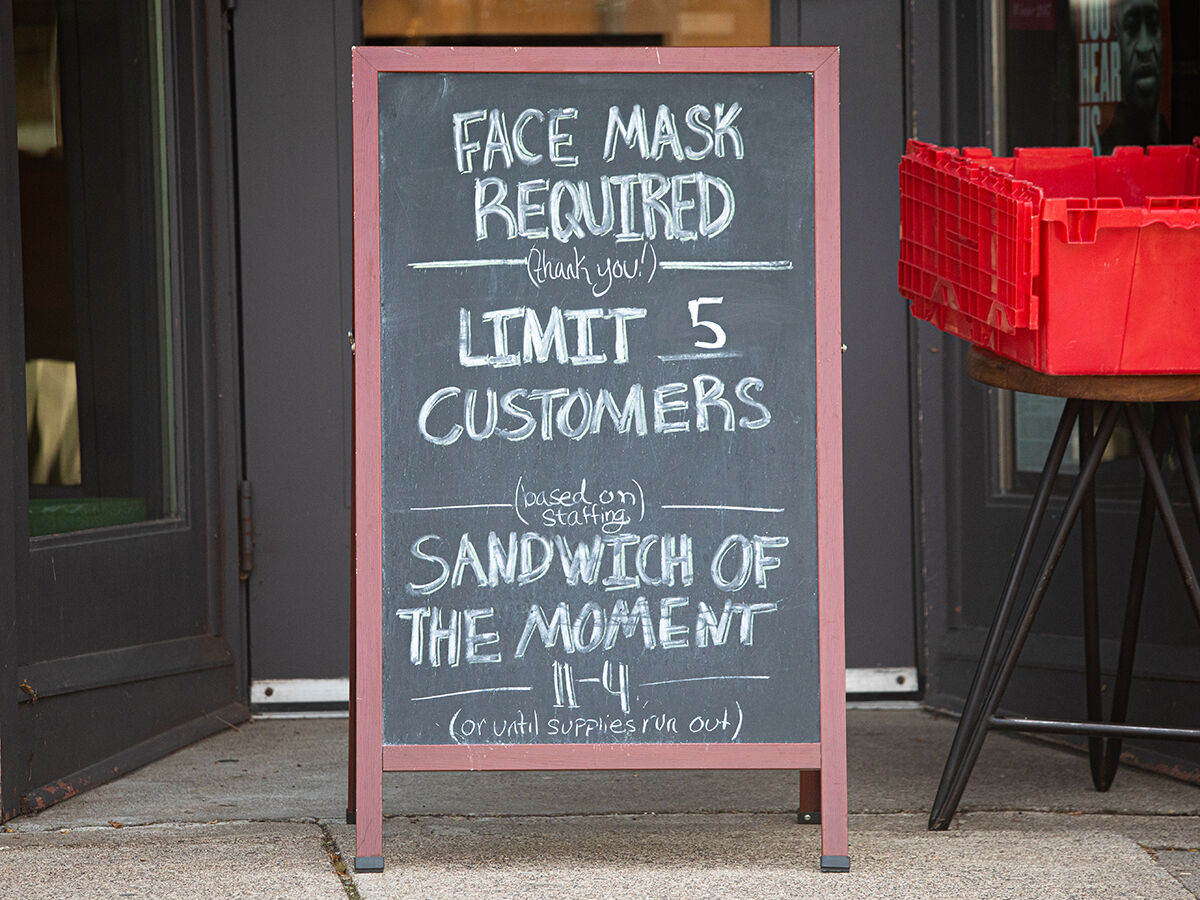
COVID Mask Requirements.jpg
PARTNER CONTENT
Shutterstock
